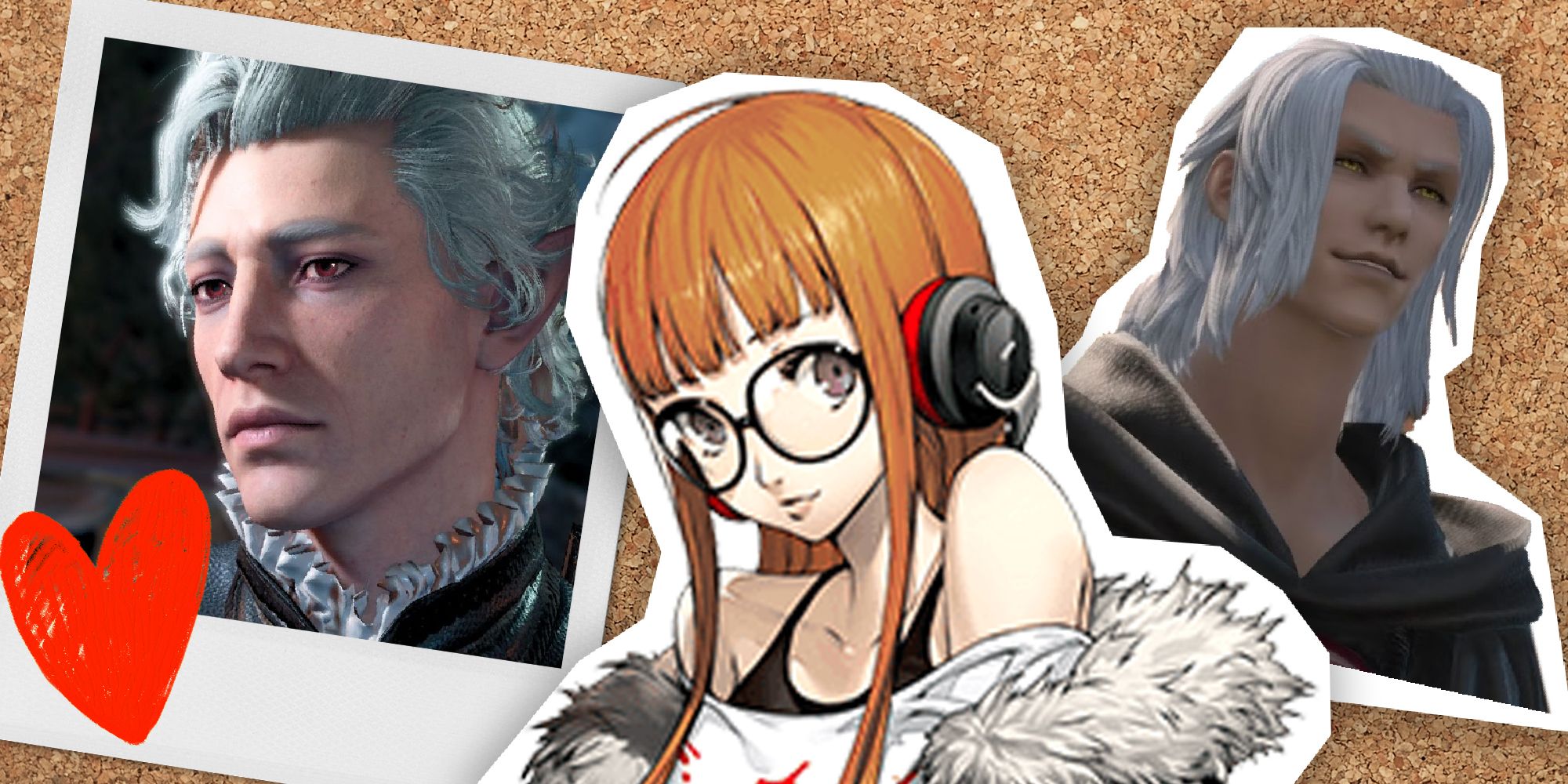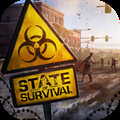Gaming Comfort Characters Have Helped With My Self-Healing

Spoiler warning for Baldur's Gate 3
There’s nothing like having a deep realisation first thing on a Monday morning, but that’s exactly what happened to me. Over the years, I’ve been in and out of therapy with practitioners who mostly just nod along, telling me I have a good understanding of what’s going on in my brain, but never explaining how to process the ever-growing weight I’m carrying. Getting to this stage in my life has been via my own stubborn will and, let’s face it, video games.
I’ve always known that I’m not very kind to myself, but while working with my first good therapist, this turned out to be an understatement. It seems that, for 365 days a year, seven days a week, my thoughts all lead back to a single core belief: ‘I am not enough’. It shook me to finally see the inner workings of my mind laid bare. I would never talk to anyone else that way. But for me, in that moment, it meant everything.
Comfort characters came to mind as I meandered home. The term ‘comfort character’ can be somewhat loaded, as it’s not a ‘one size fits all’ idea that can be defined in one broad stroke. Mine are heavily rooted in lived experiences and past traumas - this is absolutely not the case for everyone, but, for me, the most prominent and affecting characters I have latched on to over the years represent that part of who I am. What I only just realised, however, is how they can be reflections and aspects of the self.
I thought about how well I treated these characters, these reflections. How much love, care, and support I would show them. The things I deny myself daily. I’m not alone in this, and it’s fascinating to observe how players ultimately become attached to…themselves. This isn’t a narcissistic form of love. It’s a connection with a part of self that you yearn to be in touch with, something possibly concealed from others, and can become a way to help express that. And hey, if they also have a pretty face, then who’s to judge? Certainly not me.
Sometime over the past decade, I lost myself. My ambitions, thoughts, feelings - were they truly my own? I was playing Baldur’s Gate 3 that fateful Monday, and my mind turned to Astarion. In a game like this, where your actions have tangible consequences, I hadn’t felt such desperation or fear about a character’s journey before. I was terrified of Astarion becoming the Vampire Ascendant; seeing him teeter on the edge made my chest tighten. I realised my desperation to steer him from that path was my own fears projecting themselves. I wanted to save myself, for us both to not succumb to what we were ‘made’ to be, but to break that chain once and for all.
I understand how hard it can be to resist the temptation to try and beat your tormentor at their own game, but it doesn’t lead to happiness, and it is exactly that. Their game. Not what your true self necessarily wants - the further I progressed in my own life, in ways I thought I should, the less fulfilled I became. For Astarion to ascend, he would become the person he despised and continue down a path he didn’t choose for himself. Becoming the power-hungry Ascendant was Cazador’s motivation, not his. Being ‘better’ than Cazador, for me, meant severing ties completely, and it would hurt like hell, but then Astarion could finally have the freedom he truly craved.
It’s overwhelming when you realise that you're in control rather than constantly living in fear. Seeing Astarion reach the point of acceptance after two centuries of manipulation, torment, and lack of agency alongside my own journey was so gratifying and hopeful.
But who came before Astarion, who paved the way to where I am now? Futaba Sakura was an element of Persona 5 I wasn’t expecting, even knowing that the series leans on Jungian philosophy. Futaba wasn’t a villain, but she had a Palace. The Phantom Thieves were confused by this development and the resistance they faced, even though Futaba had asked for their help. Resistance is a huge mental barrier for those with deep-set trauma, the fear of letting people in and any potential consequences of taking down your defences.
Navigating her Palace, which resembled an Egyptian Pyramid - her ‘tomb’ - and having an active involvement in processing each part of her trauma by, quite literally, unscrambling her memories was huge for me. These traumatic memories that fueled her core belief that she was, and remains, a burden hit hard. The more I analysed Futaba, the more I revealed about myself that, much like her, I just didn’t want to face. She was the first to mirror a striking, visual representation of my own mind and helped me begin communicating what was happening in my own ‘Palace’.
My boundless love for Final Fantasy 14 and fixation with Shadowbringers antagonist Emet-Selch was the next unexpected puzzle piece. When introduced in Stormblood, he appears aloof and fits the bill for a fun, comic book-style villain.
Emet-Selch becomes a walking conundrum as our heroes learn of the Ascians’ true motivations and the burden he carries. I remember noticing certain things about him - his posture, the look of exhaustion as he walked that suggested a heavy weight upon his shoulders - physical traits I knew all too well.
These were, to me, fairly obvious signs something was amiss - but not something universally recognisable. When you learn that Emet-Selch is driven to bring back his long-lost brethren and those he loved, it’s hard not to empathise. The depths of his grief are illustrated beautifully via the illusory city Amaurot, and it remains one of the most powerful depictions of the emotion for me. He is someone that, for centuries, has never fully processed his grief - to the point he’s conjured a city filled with the ghosts of his past. Frozen in a moment in time.
Unable to change course, he welcomes his final stand against the Warrior of Light as his end. This doesn’t justify his actions, but seeing how destructive and all-consuming loss can be, and wanting to help him be at peace reflects a desire within myself to find a healthy way to heal before it’s too late.
The more involved games become, the more motivated I have been to nurture these reflections of the self - not only in-game, but in real life. Where do I go from here? Astarion says it best: “I decided not to be defined by the choices other people made - by what other people did to me. My past may be done, but my present, my future - they’re mine.”
Next: Neil Newbon On Becoming Astarion In Baldur's Gate 3













